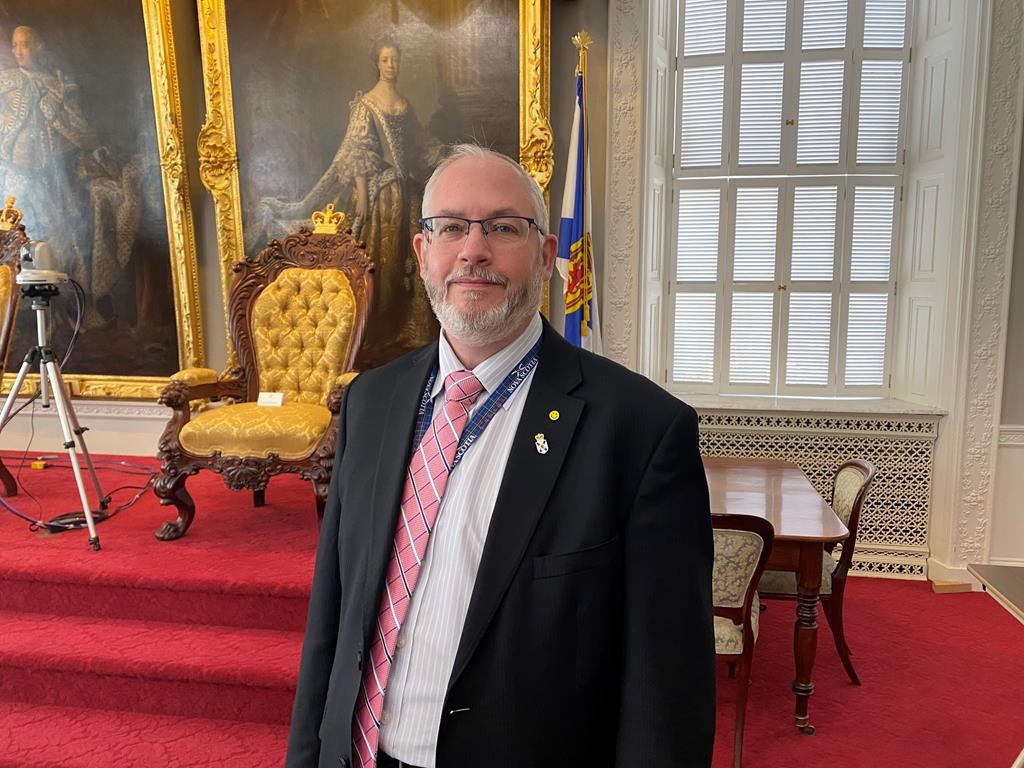Woman at centre of right-to-die case says she’s made no decisions
Posted Jun 18, 2012 05:04:27 PM.
This article is more than 5 years old.
VANCOUVER – Gloria Taylor watches from the inside as her body deteriorates.
Lou Gehrig’s disease has already robbed her of the ability to walk or drive, leaving her unable to visit most of her friends and family. She uses a feeding tube. She describes her hands as nearly useless. Her voice is beginning to fade.
Taylor knows her life is ending, but she says a British Columbia court ruling last week that struck down Canada’s ban on doctor-assisted suicide now gives her control over when and how that will happen.
“To die screaming at the top of my lungs because the pain is so great that I can’t stand it is something I try not to think about,” Taylor, one of the plaintiffs in the landmark court case, told reporters Monday in her first public comments about the ruling.
“Now, thankfully, I don’t have to fear that kind of death, an ending to a life that’s been full of so many good things and challenges. I can do dying, but I can’t do major suffering to get there.”
Taylor, 64, who lives in West Kelowna, B.C., was diagnosed with Lou Gehrig’s disease, or ALS, in 2009, though her symptoms began several years before that.
Last year, she joined other plaintiffs — including a woman who took her dying mother to Switzerland in 2010 so she could end her life — in a lawsuit challenging Canada’s ban on doctor-assisted suicide.
A B.C. Supreme Court judge ruled Friday the law is unconstitutional and gave Parliament a year to rewrite it. Taylor was granted an immediate exemption, though she said she’s made no decisions about when, or if, she will ask a doctor to help her end her life.
“I live one day at a time, and I’m not there yet. I’m still here for living, and I hope for a long time,” said Taylor, sitting in a motorized wheelchair and occasionally struggling to drink out of a bottle of water.
“When it’s time, it’s God’s will, not mine, and I’ll leave it at that. … I can’t answer for somewhere I’m not.”
Judge Lynn Smith issued a complex, 395-page ruling that concluded the ban on doctor-assisted suicide violates two sections of the charter: the right to equality, and the right to life, liberty and security of the person.
Smith concluded the law must allow physician-assisted suicide in cases involving patients who are diagnosed with a serious illness or disability and who are experiencing “intolerable” physical or psychological suffering with no chance of improvement.
The patients in such scenarios must personally request physician-assisted death, must be free from coercion and cannot be clinically depressed, wrote Smith.
Federal Justice Minister Rob Nicholson has yet to say whether the Conservative government will appeal. A spokeswoman described assisted-suicide as an “emotional and divisive issue” and said the minister is reviewing the decision.
Taylor said she hopes Ottawa accepts the court’s decision.
“We have emerged from the Dark Ages to realize that dying is part of living, and it means we no longer have to die a horrible, tormented death,” said Taylor.
“I would really like to think that the government would see that they can’t do this to me. They can’t do this to other Canadians. I would hope that they would just let it go and not appeal it.”
The B.C. government was named as a defendant in the case, but the province’s attorney general has referred the issue back to Ottawa.
Taylor and her supporters cite opinion polls that suggest a majority of Canadians support some form of doctor-assisted suicide, though the issue still remains controversial.
Critics have warned allowing assisted suicide will put the elderly and people with disabilities at risk, and religious groups have decried the idea of the state sanctioning suicide.
The Canadian Conference of Catholic Bishops issued a statement condemning the ruling, as did Archbishop J. Michael Miller of the Catholic Archdiocese of Vancouver.
“(The decision) sadly reflects a distorted view of equality rights that emphasizes autonomy over human dignity and the value of life,” Miller said in a statement released over the weekend.
“We have been down this road many times around the world, and all the safeguards initially put in place wind up either disregarded or eventually dispensed with. … I strongly urge the government to appeal this extremely flawed and dangerous ruling.”
If the case ends up before the Supreme Court of Canada, which some observers believe it will, it won’t be the first time the country’s highest court has tackled the issue of assisted suicide.
The court heard a case two decades ago involving Sue Rodriguez, who also had ALS and wanted help from a doctor to end her life. The court ruled against her in 1993, though she killed herself anyway with the help of an unidentified physician the following year.
Taylor has become the public face of the current legal challenge, but it was actually launched by Lee Carter and Hollis Johnson, a couple who took Carter’s mother, Kay, to Switzerland in 2010 to end her life.
Kay Carter was diagnosed with spinal stenosis, a progressive condition caused by spinal compression, in 2008. Her condition quickly declined and she told her daughter in 2009 that she wanted to end her life.
Lee Carter and Johnson, who sat alongside Taylor at Monday’s news conference, travelled with Carter’s mother to Switzerland, where staff at a clinic helped her drink a fatal dose of sodium pentobarbital. She was 89.
Johnson said the law made a difficult time even worse.
“It meant that we had to engage in partial truths and half-truths and outright lies in order to not blow our cover to allow us to carry out what I think should be a decision that Canadians make with their families and the people who are closest to them,” said Johnson .
“These are deeply personal decisions and to have to make these decisions under the shadow of criminal law makes you feel like you’re a creep or a criminal. It was just brutal.”










